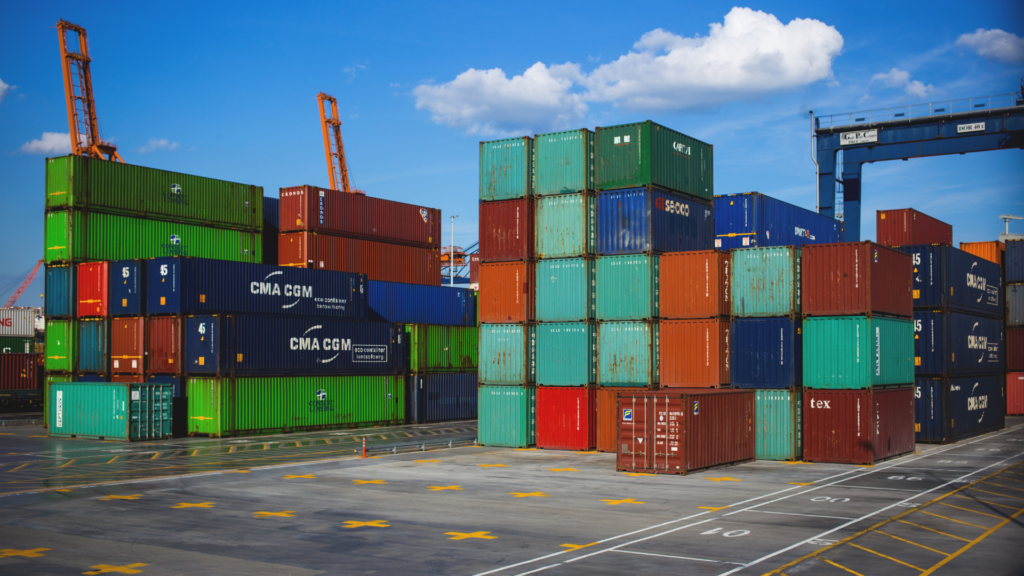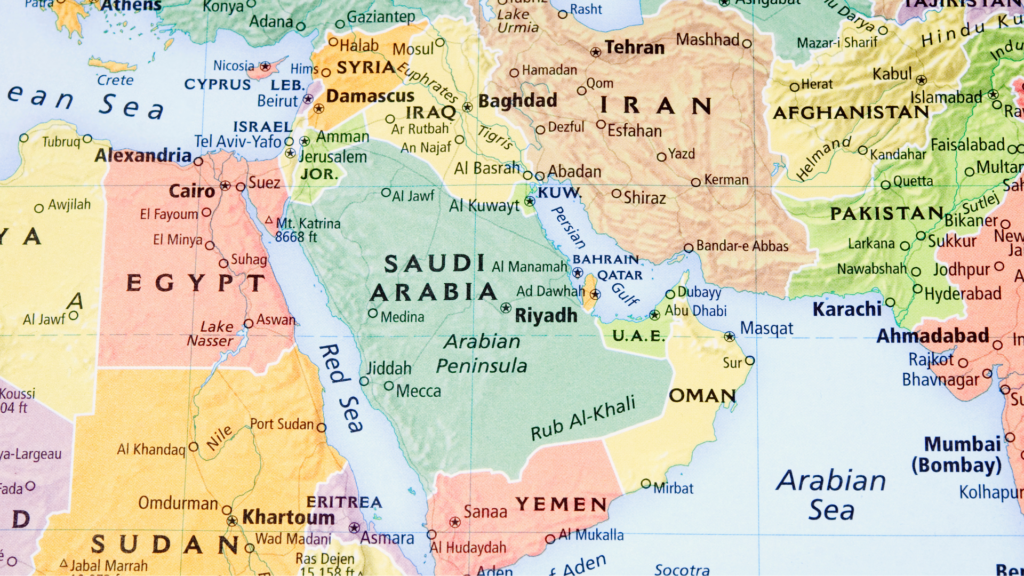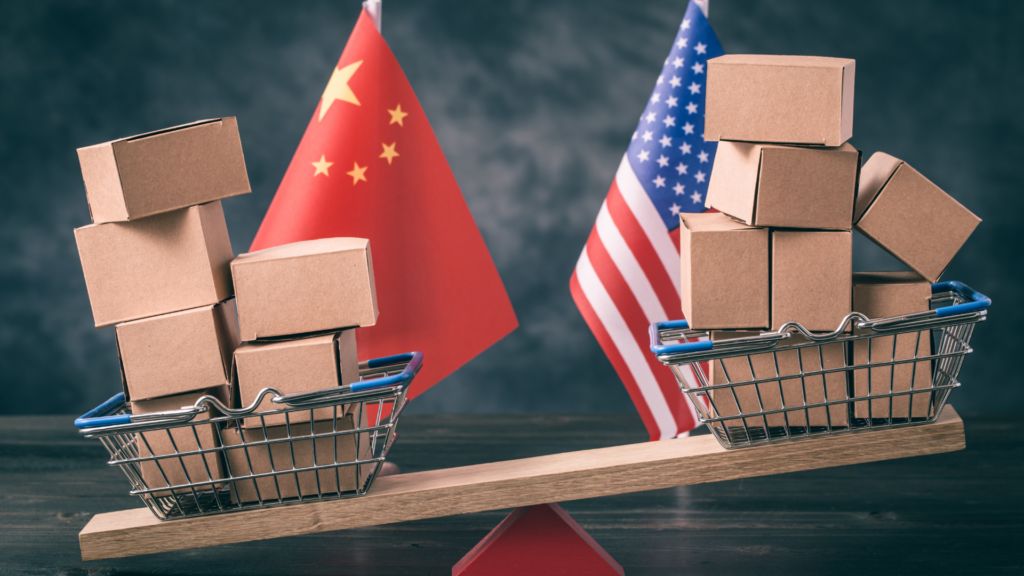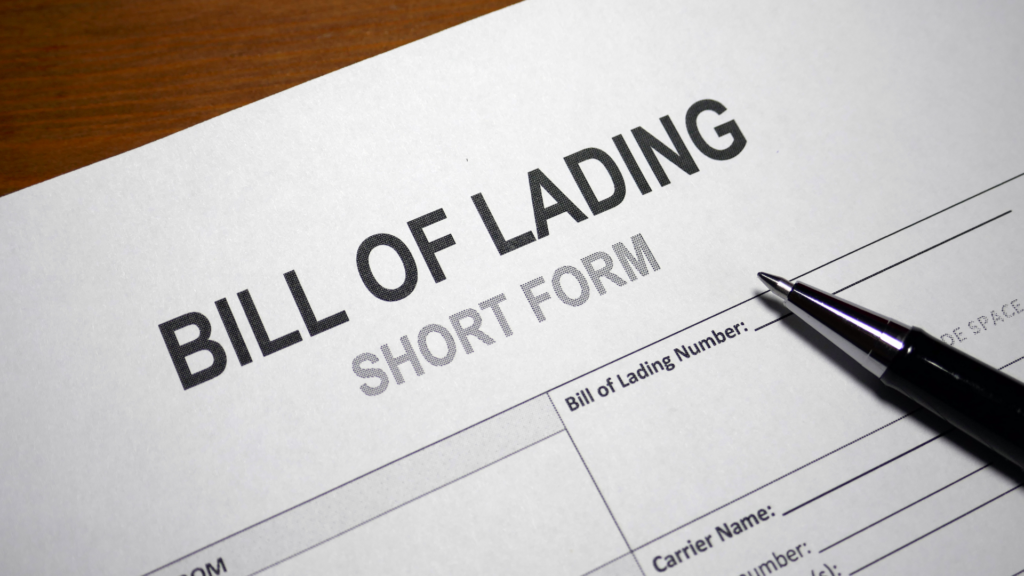FY2025 VQIP, Shipping Crisis, Upending Reliance on China, eBL Update and Improved Forecast.
Your weekly All-Ways round-up of Supply Chain news.
VQIP Application Portal Opens for FY2025
On January 1, 2024, the U.S. Food and Drug Administration (FDA) will open the Voluntary Qualified Importer Program (VQIP) application portal for fiscal year (FY) 2025.
VQIP is a voluntary fee-based program that provides importers, who achieve and maintain control over the safety and security of their supply chains, the benefits of expedited review and importation of human and animal foods into the United States.
To participate in VQIP, food importers must meet certain eligibility requirements, including ensuring that the facilities of their foreign suppliers are certified through the FDA’s Accredited Third-Party Certification Program. Certification bodies conduct food safety audits of foreign facilities and farms, and issue the certifications that importers need to participate in VQIP.
If you are a food importer interested in applying for VQIP benefits during (FY) 2025, the portal will remain open through May 31, 2024.
For More Information
Fact Sheet: Preparing for the FDA Voluntary Qualified Importer Program
Submission of VQIP Application User Guide
Public Registry of Accredited Third-Party Certification Bodies
Questions may be submitted to the VQIP Importers’ Help Desk via 1-301-796-8745 or via email to [email protected].
VQIP supports the FDA Strategy for the Safety of Imported Food by incentivizing importers to use certified suppliers and robust processes and procedures to help ensure imported food is meeting U.S. food safety requirements.
Caught in the Middle
On Thursday, Houthi Rebels attacked the Maersk Gibraltar vessel. The missile missed the ship and the crew is safe.
"Following the near-miss incident involving Maersk Gibraltar yesterday and yet another attack on a container vessel today, we have instructed all Maersk vessels in the area bound to pass through the Bab al-Mandab Strait to pause their journey until further notice," A.P. Moller-Maersk said in a statement. Hapag-Lloyd will also be pausing transit into the Red Sea.
Ships must sail through the Red Sea and the Gulf of Aden to transit the Suez Canal. 50 ships transit the Suez Canal daily with billions of dollars of goods going to North Europe, the Mediterranean, and North America's East Coast. This could have serious consequences for the supply chain since the Houthis have declared that any ship is a target.
With the drought in the Panama Canal and danger in the Suez Canal, it really only leaves the Cape of Good Hope as an alternative route but adds an extra 10 days in transit time. Regardless of the route, increases in rates, vessel omissions, and delayed arrivals are to be expected.
To combat the situation, an international initiative called “Operation Prosperity Guardian” will be launched by US Defense Secretary Lloyd Austin. French, British, and US are already in the area to help protect the ships that pass through the area.
Tougher Trade Rules
Can the US undo its reliance on China?
China was granted preferential trade treatment a bit more than two decades ago by Congress when it joined the World Trade Organization. Now, lawmakers have endorsed a proposal with 150 recommendations to effectively end the lower tariffs and put in place more trade barriers. With next year’s elections looming, members hope Congress will adapt the recommendations into legislation quickly.
Not only could this result in a retaliation from China, but it will likely upend broad sectors of the US economy, particularly farming, ranching, and exporting. Congress should factor in additional spending in its budget to mitigate the damage to the US economy. Of course, the tariffs will be passed on to consumers.
The revenue the tariffs will bring in can be used to expand market opportunities for US producers and to advance national security.
Transformative Technology
Using the Global Shipping Business Network (GSBN) established in 2021, COSCO SHIPPING adopted the Electronic bill of lading (eBL) in 2021 and has officially issued its 100,000th document.
EBLs have revolutionized trade by enhancing the safety of transmitting and transferring bill of lading documents as well as reducing fraud risks. Electronic documents not only save on administrative costs and reduce inefficiencies, it’s also significantly more eco-friendly.
At the end of 2021, only 1.2% of the 45 million bill of lading were issued electronically. However, GSBN has grown since with about 30 companies joining its network as of October 2023.
‘Tis the Season
Strong Black Friday sales and steady end-of-year holiday sales have pushed retailers to place bigger orders for early 2024. Import forecasts have improved as a result as the holiday season is expected to bring in a record-breaking $957.3 billion to $966.6 billion in sales.
“We originally thought peak season would come in August, but imports kept growing in September and again in October,” said Jonathan Gold, vice president for supply chain and customs policy at the National Retail Federation (NRF).
Expected US import forecast for the next few months -
📈December: 6.6% increase initially forecasted to 11.5% increase YoY
📈January: 3.7% increase initially forecasted to 6.6% increase YoY
📈February: 11.1% increase initially forecasted to 14.5% increase YoY
📈March: 6.5% increase initially forecasted to 7.7% increase YoY
After finally destocking warehouses that were overfilled for nearly two years, retailers have now begun increasing their imports cautiously as consumer spending remains strong.






